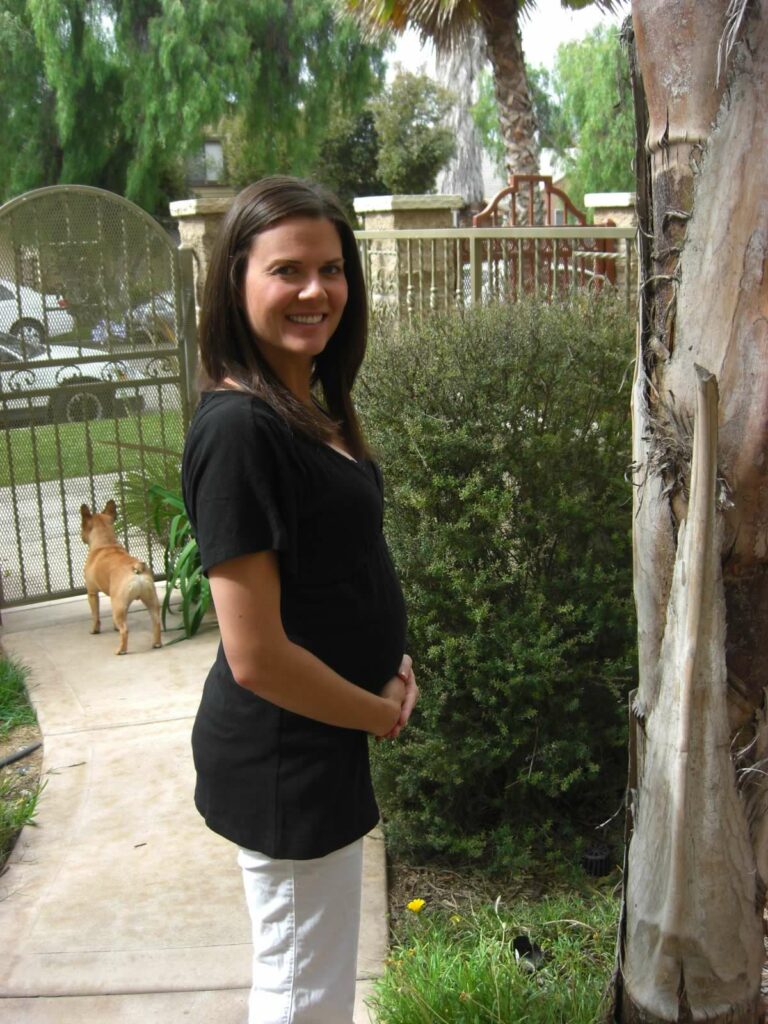
18 Apr women deserve better

During my first pregnancy (14 years ago 😮), I vividly remember reaching a point around 24 weeks that I had a hard time walking even a few blocks without pain and feeling faint. It was scary. At most of my doctor appointments up to that time, I didn’t ask many questions. I prided myself in being a “good” patient. Feeling healthy, that was easy. But this appointment was different.
I described my symptoms in detail, anxiously awaiting advice and support. Instead of being asked more questions or getting direction, I was told – repeatedly – that it’s likely that I’m out of shape and getting a side ache. I explained I knew what a side ache feels like. It didn’t make a difference. I was told how I was feeling. The conversation was apparently over.
This was the first time in a medical setting I realized how misunderstood you can feel when your symptoms don’t fit neatly into a box. It took years of similar experiences before I came to understand there are limits to what’s available within our current medical structure. Especially for women.
all too common
Did you know that women with hypothyroid symptoms try for an average of 7 years and multiple doctors before they receive a diagnosis? That means women struggle with weight, fatigue, lack of mental clarity, body aches, high cholesterol, and sleep problems for years before getting any support or answers! This is often because often our complaints are explained away by medical professionals, dismissed because it’s a “normal” part of being a mom or aging (c’mon!). And many doctors still believe a TSH lab result in the normal range indicates a healthy functioning thyroid. Not true. TSH can be a lagging indicator. That means that your overall thyroid hormone production (yep, there’s more than 1 thyroid hormone in our body!) can be off for years, sometimes even decades, before TSH reaches an abnormal level! All the while, your body is absolutely feeling the symptoms.
What’s even more frustrating – many of the symptoms of hypothyroidism can be improved using diet, lifestyle, and supplement support. It even helps when used in combination with thyroid medication. You don’t have to choose one or the other. A client that was successfully diagnosed with Hashimotos (autoimmune hypothyroidism) had been on medication for over a year. Although it made some symptoms slightly better, she was still miserable. Her hair loss, fatigue, and brain fog were affecting her at work. Her stubborn weight was incredibly frustrating, especially since she was very intentional about what she ate. Also, she was exercising twice a day! Overall, she still didn’t feel like herself. She was ready to return to how she felt before she had kids, and needed help.
support is available
Although the root cause(s) can vary woman to woman – even when having a similar diagnosis like hypothyroid or Hashimotos – there are solutions available for all women with hypothyroid symptoms, beyond what’s available in a traditional doctor’s office. For this client, she was dealing with a combination of chronic stress, nutrition deficiencies, food sensitivities, and digestion that needed some TLC. Addressing these root causes allowed her hormones to balance. She felt more energy, better focus, and her hair quality and weight began to shift. After just a few weeks, she was truly amazed the difference in how she felt! She was also surprised that none of these solutions had been discussed or offered by any of her medical practitioners.
So if you don’t feel like you’re being heard or offered the solutions you’re looking for – you’re not alone. A functional approach using a combination of food-as-medicine and lifestyle practice can be a supportive addition to the care you’re already receiving.
To schedule a free 15 minute Get To Know You Session. Discover if a functional nutrition approach is right for you, click HERE.


